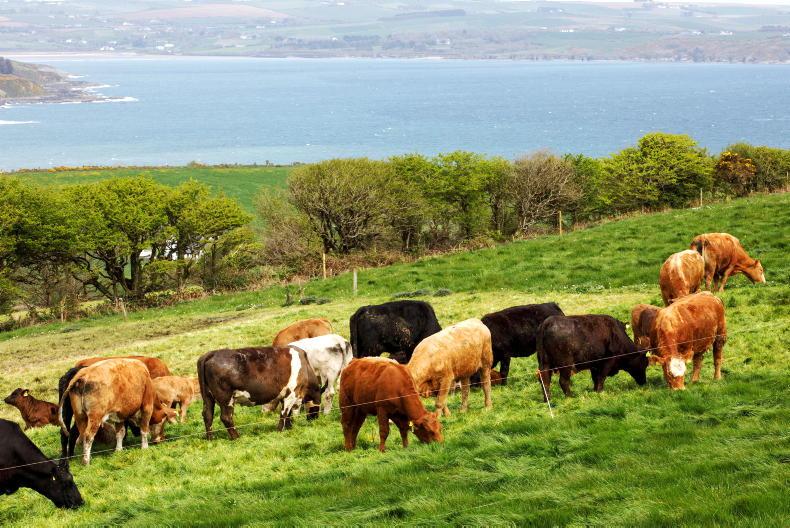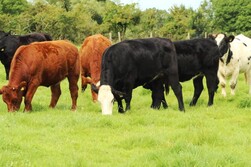Brussels intends on merging eco schemes with agri-environmental schemes as part of its plans to scrap the current two-pillared structure of the Common Agricultural Policy (CAP), European Commissioner for Agriculture Christophe Hansen confirmed last week.
They are to be merged under the new scheme heading of 'agri-environmental actions', which will be deemed a form of farm income support under the Commission’s post-2027 CAP proposals.
The catch-all heading of 'farm income support' has been granted just €300bn in EU-wide ring-fenced funds under the plans, leaving an approximately 20% shortfall in dedicated agriculture funds between the current CAP and what has been proposed for 2028 onwards.
Despite this reduction in ringfenced funding, the Commission has put a new category of farm payment on the table in the form of lump sums of up to €200,000 to “de-risk a farm's transition to more sustainability”, but little detail has emerged of what these payments may entail.
Proposed climate actions
Member states are to provide supports for five areas of voluntary climate and environmental measures at a minimum - climate change adaptation, climate change mitigation, soil health, biodiversity and organic farming.
The climate change adaption heading is stated to include the efficient management of water, as well as improved resilience to drought and floods.
Climate change mitigation catches measures that reduce carbon emissions and includes on-farm renewable electricity and biogas production.
Biodiversity payments are proposed to cover the conservation of habitats, species and landscape, as well as reducing pesticides, but no further detail has been proposed for the organics or soil health headings.
Cross compliance
The CAP’s climate and environmental rules should be a mixture of requirements set at EU level and a raft of “farm stewardship practices” decided on at national level, the proposals state.
The Commission said it will give leeway to member states to draw up these national level practices in a way that takes account of their specific geography, climate and production systems.
Those certified as organic farmers “shall be deemed to comply” with these protective practices, but it remains to be clarified whether inspections will take place on organic farms to verify that they are actually compliant for the purposes of levying penalties against any funds drawn.
The proposals leave the door open to member states to grant derogations from these protective practices on the grounds of conditions preventing farmers from meeting the requirements.
The granting of these derogations is to be justifiable against “objective criteria”, while remaining “limited in duration and scope”.






 This is a subscriber-only article
This is a subscriber-only article










SHARING OPTIONS: